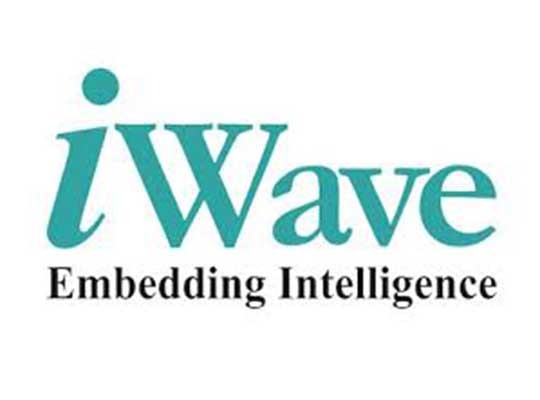The Intel 80186/88 processor family and its equivalents from manufacturers like AMD and NEC, were among the most popular platforms for product designers for over two decades. But technology is a shifting goalpost and OEMs and design houses are having to move legacy applications to newer processors in the x86 family. Many of them have found in iWave’s FPGA IP core for the x86, a boon and a blessing… a painless, elegant and cost-effective way to migrate their applications without having to change their legacy software, even while avoiding obsolescence of earlier 80186/88 processors and ASICS. The iWave x86 core is an excellent choice for embedded applications aimed to cater the growing needs of industrial, automotive and communication system solutions. This core can replace similar parts from manufacturers such as Intel 80188EB, 80186EB, 80186EC, 80188XL, 80186XL, NEC V53 and AMD AM188/186ES.
iWave’s x86 can be targeted to any FPGA from leading vendors like Altera, Xilinx, Microsemi and Lattice. The x86 core has a broad set of integrated peripherals, which helps reduce system development time and cost and is compatible with wide range of compilers and debuggers. These include Memory and peripheral Bus interfaces, DMA controller (8237), multiple timers (8254), a programmable interrupt controller(8259), variable- rate asynchronous serial ports (8251), flexible chip select unit, and a peripheral control block. iWave offers two solutions for obsolete x86 processor- based application without software modification: Binary and Socket Compatibility: This option uses a daughter board to implement the FPGA and minimal associated logic as an exact pin to pin replacement for the original 80186 Processor. This approach eliminates both software and hardware changes, except for the daughter board itself. It allows you to evaluate the feasibility of replacing the obsolete chip with FPGA daughter board. We replace the obsolete 80186 processor with an iWave FPGA daughter board in the third party hardware and validate our x86 core. One can then integrate the other external peripherals components in the hardware to FPGA after completing the evaluation of 80186 IP using daughter board. This reduces the total system BOM cost as well as board form factor size.
Binary Compatibility and Higher Integration: A soft implementation of the original 80186 Processor component (CPU core and integrated peripherals) is programmed onto an FPGA. High FPGA integration enables low BOM Cost and reduces board form factor. It supports to integrate and retarget the other external peripherals and components. The system performance can be enhanced with increased operating frequency and integration. Many satisfied customers have chosen iWave’s FPGA IPs for chip replacement application and one of its implementations is shown in the illustration on page 1. In this application, iWave developed and used the existing IP for other external components like Custom ASIC function, Multi-Protocol Serial Controller (8530) and PCI controller implemented in another FPGA, then integrated the developed external component IPs with x86 IP and retargeted it in single FPGA. The core application involves quick migration of 80186 based designs to an FPGA Platform, deliver retrofit of existing systems and maintaining its I/O Compatibility. It is delivered with RTL Verilog synthesizable code, comprehensive Test Environment, Technical Support and Maintenance.
More information on Processor FPGA IP cores: http://www.iwavesystems.com/processorcores.html


















